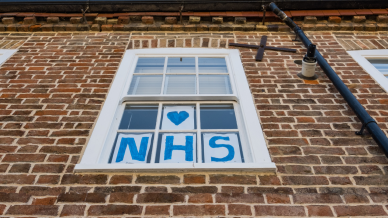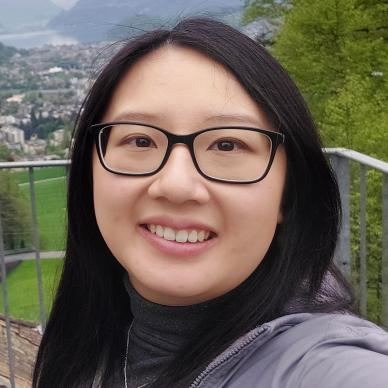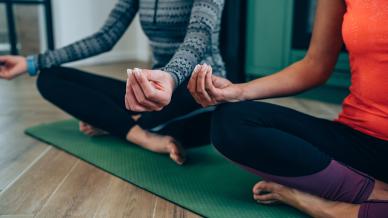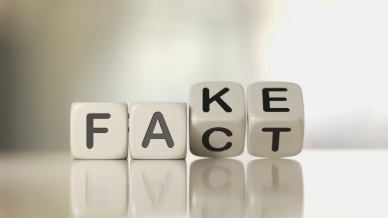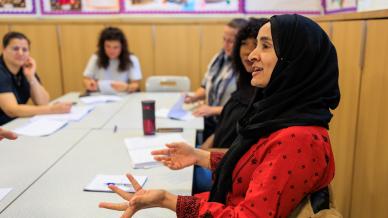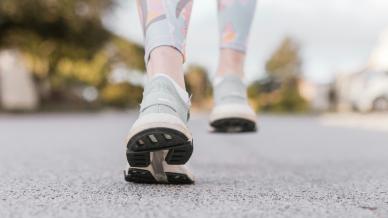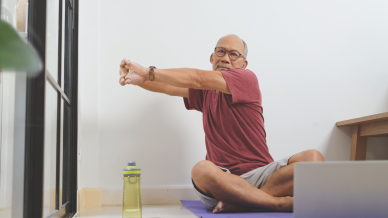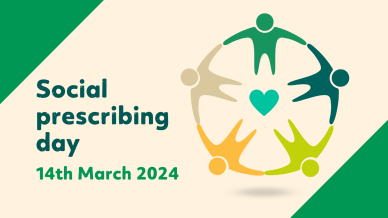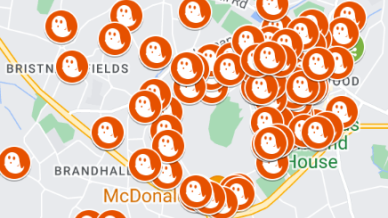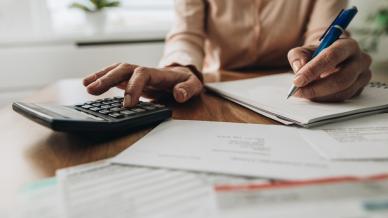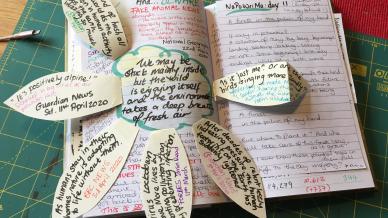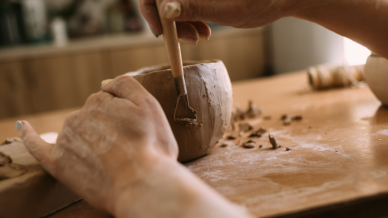What is the NHS?
NHS stands for the National Health Service. The NHS is the public health service in the UK. They work across England, Wales, Scotland and Northern Ireland.
The NHS includes:
- GP (doctors) surgeries
- Pharmacies
- Dentists
- Hospitals
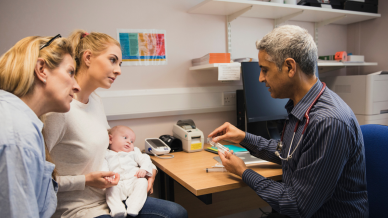
What is a GP?
GP stands for General Practitioner. This is your everyday doctor who is usually based in your local area.
You will find both doctors and nurses at your local GP surgery. Sometimes there will be other healthcare professionals.
Your GP surgery is usually your first point of contact for healthcare. Along as it is not an emergency or dental related. So, it is important to make sure you register with a local GP surgery.
It is free of charge to visit and see a doctor at your GP surgery if they are part of the NHS and you are a registered patient.
Services at a GP surgery:
Appointments
GPs will see you at appointments for:
- general health concerns
- vaccinations
- help you to manage long-term illnesses
- give you a prescription for medicine which you can collect at the pharmacy.
Referrals
- Your GP may refer you to specialist doctors or hospitals for further treatment. You will not be able to see a specialist without a referral.
If you are not sure where your nearest GP surgery is, the NHS website will help you to find them and get registered.
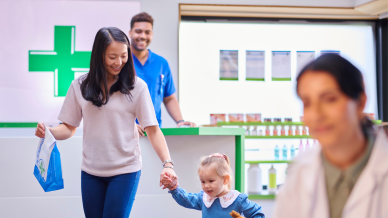
Is the pharmacy the same as a GP surgery?
Sometimes a GP surgery and pharmacy (where you can collect medicine) is in the same building. Most pharmacies will be in a different building.
Pharmacies usually include a shop. You can buy everyday toiletries and basic medicine at the pharmacy.
You will be able to find a pharmacy:
- near your GP surgery
- on the high street
- near other services like supermarkets.
Remember to take your prescription document with you to collect your medicine. Go to the counter with the green cross representing the pharmacist.
There may be a cost to collect your medicine. The cost will be different in England, Wales, Scotland and Northern Ireland.
If you are not sure where to collect your medicine, ask your GP surgery.
How do I see a dentist?
Like GP surgeries, dental surgeries are in your local area.
Dental surgeries can be a mixture of private and NHS dental care. Some may only offer private care which will usually cost more.
You might need to find a dentist who is further away to register as a NHS patient.
At the dental surgery, you will find dentists and dental hygienists. Sometimes there is an orthodontist.
Services at a dentist surgery:
Appointments
Dentists will see you at appointments for:
- general check ups, sometimes including an x-ray for your teeth
- treatments such as fillings
- help with false teeth (dentures)
- ask you to see the dental hygienist to clean your teeth
- refer you to the orthodontist if you need braces.
There is usually a cost for your dental check and any treatments. The price will be different depending on your treatment. See NHS dental charges page to find the most up to date prices.
If you are not sure where your dental surgery is, the NHS website will help you to find them and get registered.
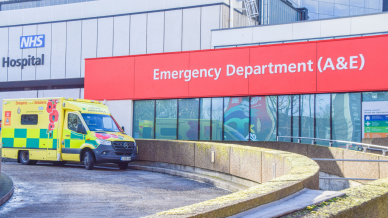
Can I see the doctor at the hospital?
Your nearest hospital may not be in your local area, and you may need to travel. There are usually good public transport routes to hospitals.
At hospitals, doctors and medical staff will see:
- emergency patients
- patients who referred by their local GP to see a specialist doctor.
Services at hospitals:
Emergency Services (A&E)
For urgent medical issues, you can visit the A&E department, or call for an ambulance.
Specialist Care
Hospitals provide specialist treatments, surgeries, and other advanced medical care. You will also visit the hospital’s maternity department if you are pregnant.
It is unlikely that doctors at the hospital will see you without an appointment. Sometimes there may be a "walk-in" service to see a doctor. This will be different depending on where you live.
How do I call the emergency services?
There are two different numbers to call the NHS:
- 999: for emergencies. This number will also connect you to the police and fire department.
- 111: for non-emergencies. You can call this number if you need medical help but it is not life threatening.
To make sure you know which service to use, it is useful to read the When to go to A&E page on the NHS website.
What else can the NHS do?
The NHS website is a good place to go to understand your health or the medicine your doctor has given you.
- Health A to Z – understand your condition and symptoms
- Medicine A to Z – understand your medication
- Live Well – discover how to live a healthy lifestyle
The NHS is an important part of everyday life. Learn how to use the services provided by the NHS so you can look after your health and wellbeing!
Check out our skills for life courses
Build life-long skills from cooking on a budget, looking after your health and improving self-esteem to live your life independently, and to the fullest.
Do you want to improve your English for work and life in the UK?
Learn to speak, listen, read and write in English for free! Join English for Speakers of Other Languages (ESOL) courses at WEA.
